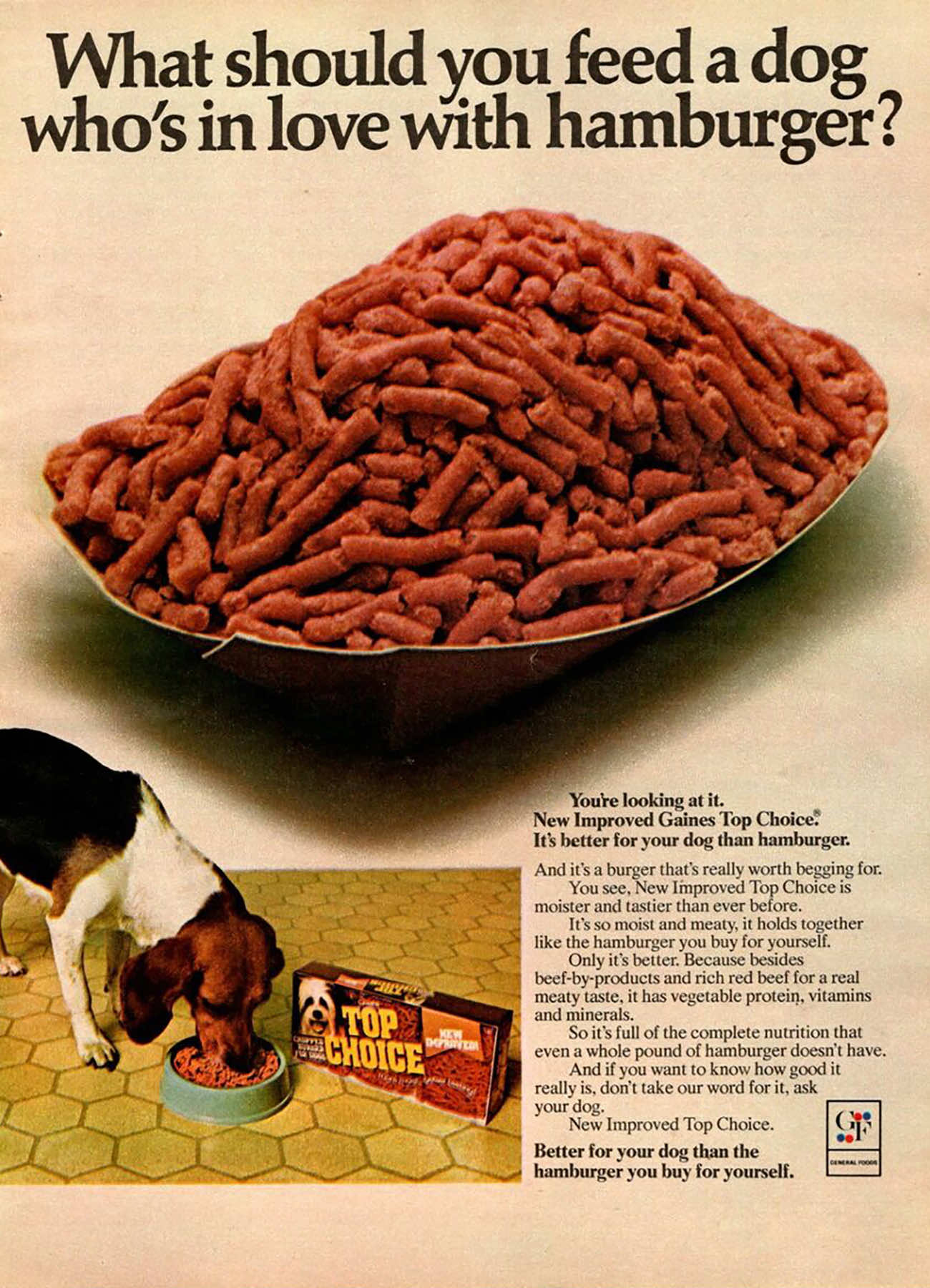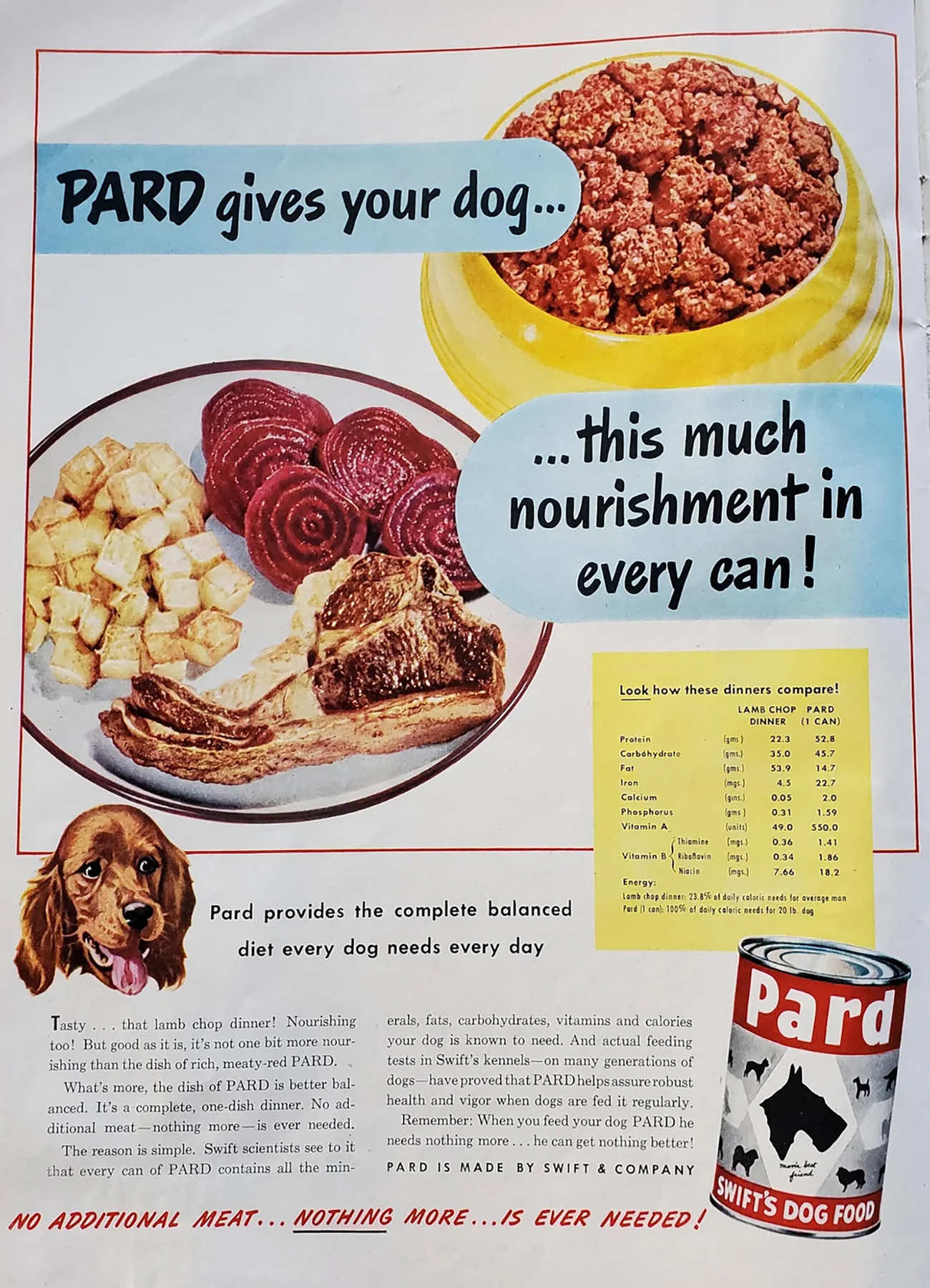
The last time the American public watched their elderly parents eat dog food to survive, Ronald Reagan had just swept into office, and a Republican-led economic crisis was gutting the middle class.
Four decades later, the same party, driven by Trump’s nationalist delusions and billionaire deregulation schemes, has resurrected that nightmare with chilling speed.
In the late 1970s and early 1980s, the U.S. economy reeled from stagnation, inflation, and mass layoffs. While Republicans now blame that crisis on the oil embargo or Jimmy Carter, the record tells a different truth.
The foundation of the economic collapse had already been laid by Republican administrations stretching back to Nixon, who prioritized tax cuts for the wealthy, union suppression, and corporate deregulation over working-class stability.
When Reagan took power in 1981, his so-called “supply-side revolution” accelerated the damage. It involved slashing social services, deregulating essential industries, and enacting tax codes that shifted burdens onto the middle and lower classes.
The human cost was immediate. By 1982, the official unemployment rate surpassed 10 percent. Elderly Americans, many living on fixed incomes gutted by inflation and stripped of social protections, found themselves unable to afford meat or basic groceries.
In Milwaukee and across the Midwest, reports emerged of seniors turning to canned pet food and soft-moist products like Gaines-Burgers. Not because they were confused because of their age, but because they were hungry and desperate.
Gaines-Burgers, individually wrapped dog food patties that resembled cooked beef, were especially tragic in their appeal. Manufactured to mimic real hamburger texture, they became a brutal symbol of economic despair.
Elderly individuals on Social Security or disability often opted for them not out of misunderstanding, but because they were cheaper than ground beef and required no refrigeration or cooking. National media, when it chose to report on the issue, framed it as an oddity. In truth, it was a quiet epidemic.
Milwaukee was not spared. The city’s aging industrial base had already begun to erode by the late 1970s, with manufacturing jobs relocating overseas or being automated out of existence. Black and White working-class neighborhoods alike faced soaring unemployment.
But for the elderly, the pain was uniquely cruel. Isolated, underinsured, and abandoned by policies that prioritized Wall Street over senior welfare, they bore the brunt of Reaganomics with little fanfare or political defense.
Today, Milwaukee again stands on the edge of a disturbingly familiar precipice. Another Republican administration has plunged the country into economic chaos. Only this time, the damage has arrived in record time.
Since returning to power in January 2025, Donald Trump has moved aggressively to restore his original economic agenda: tariffs, deregulation, and a vengeance-fueled war against federal institutions.
The result has been catastrophic. Global supply chains are in disarray, retaliatory tariffs from China and the EU have crippled American exports, and prices on essential goods from produce to poultry have soared.
The stock market, once the symbol of American economic resilience, has entered its sharpest decline since the 2020 pandemic and the 2008 crash. Inflation, which had been tapering in late 2024, is once again surging.
And yes, eggs are more expensive than ever. That is the brutal irony facing many of the same voters who delivered Trump his second term. Lured by false promises of economic nationalism and cheaper groceries, middle-class Americans now confront empty promises and full-price shelves.
In cities like Milwaukee, where more than 14 percent of residents are over 65 and over a third of them live below the poverty line, the consequences are already showing. Food pantries report spikes in demand. Medicaid-backed meal services are stretched thin.
Some low-income seniors are beginning to make hard choices again, choosing between full meals, medications, or cheaper substitutes. Community advocates warn that if inflation persists and aid remains flat, those choices could grow more dangerous.
This is not nostalgia. It is repetition. Republican policy in both eras, under Reagan and under Trump, has followed the same template. Deregulate, defund, and deceive. But where Reagan’s economic damage unfolded over years, Trump’s tariff-driven collapse is unfolding in months.
In Milwaukee, a city already battered by post-industrial decline and pandemic-era strain, the threat of a sustained recession or full-blown depression is no longer hypothetical. Housing costs are rising. Healthcare waitlists are growing. And most critically, many elderly residents live in food deserts or lack the mobility to reach affordable grocery stores.
When social services are cut, as they inevitably are under Republican governance, these citizens do not just suffer. They die.
The Republican leadership in Madison has already begun enacting measures that mirror the same austerity logic seen in the Reagan era. Underfunded elder care programs, trimmed housing subsidies, and stalled expansions of food assistance.
The myth, as always, is that cutting government somehow balances the budget. The reality is far grimmer. Seniors are left rationing medication, skipping meals, or cutting back on fresh food.
And while political pundits argue over market corrections and trade deficits, Wisconsin residents are being forced to adapt in far more visceral ways. Recent local data shows an increase in applications for emergency food assistance and senior housing support.
Some Milwaukee clinics have reported sustained malnutrition risks among older residents, tied to food insecurity and reduced access to balanced meals. While not traced directly to extreme poverty, the combination of higher living costs and fixed incomes has quietly widened nutritional gaps, patterns that reflect those seen during earlier periods of economic strain in the 1980s.
The difference now is that these stories are no longer exceptional. They’re systemic. And they’re being politically engineered.
Trump’s trade war revival is not simply bad policy, it is economic sabotage masked as patriotism. By unilaterally imposing tariffs on major global partners, he has reignited retaliatory levies that punish American farmers, manufacturers, and distributors.
The Wisconsin dairy and egg markets, once global exports, are now squeezed on both ends. Higher costs to produce, fewer buyers overseas, and ballooning prices for consumers. For a “dairy” state that built its identity around feeding the nation, Wisconsin is now facing a future where its own people cannot afford to eat.
And yet the most damning betrayal may be psychological. Millions voted for Trump believing they were reclaiming lost economic agency. The promise was simple. Wages up, prices down, factories open. But in Milwaukee, wages are stagnant, and a dozen eggs now cost more than an hour of minimum wage labor in many neighborhoods.
How does Trump explain to voters that their demand for “cheaper groceries” has delivered a $5.79 price tag on eggs, and the looming possibility that their parents may turn to pet food again to survive? With lies.
The failed economic cycle repeats because the playbook has not changed. Privatize profits, socialize losses, and blame the poor.
In Trump’s America, billionaires receive tax breaks, while elderly Americans confront grocery aisles where entire sections are out of reach. The MAGA base, promised economic glory, is left standing in checkout lines, wondering where the savings went.
The media often softens these truths with euphemisms: “food insecurity,” “market instability,” “income challenges.” But here, in real homes across Milwaukee, the reality is crueler. An elderly widow is skipping insulin to stretch her budget. A fixed-income couple is eating crackers and coffee for dinner. These are not anomalies. And they echo the past with disturbing clarity.
In the 1980s, the image of a senior citizen eating Gaines-Burgers was presented as both pathetic and absurd, a quirky horror of economic decline. But today, in the absence of meaningful reform and in the face of revived Reaganomics on steroids, that image is once again becoming literal.
If the markets falter further, if Trump’s trade war escalates, if Republican policymakers continue to prioritize deregulation over human need, the slide from recession into full-blown depression will not be academic. It will be visible on the plates, and in the stomachs, of America’s most vulnerable.
Milwaukee is a microcosm. A city of 560,000 with a rapidly aging population, it is also one of the most racially and economically segregated metro areas in the country. That means the burden of Republican economic cruelty falls heaviest on the poor, the elderly, and people of color.
Without intervention, the city, like others across the Midwest, will relive the worst chapters of its own history.
Dog food is not an acceptable dinner for humans. It never was. That it must be said again in 2025 is not just a tragedy, it is an indictment.
And for every voter who believed Trump would lower the price of eggs, this failure is their receipt.
© Photo
Cora Yalbrin (via ai@milwaukee), adsR and Patti McConville (via Alamy Stock Photo)























